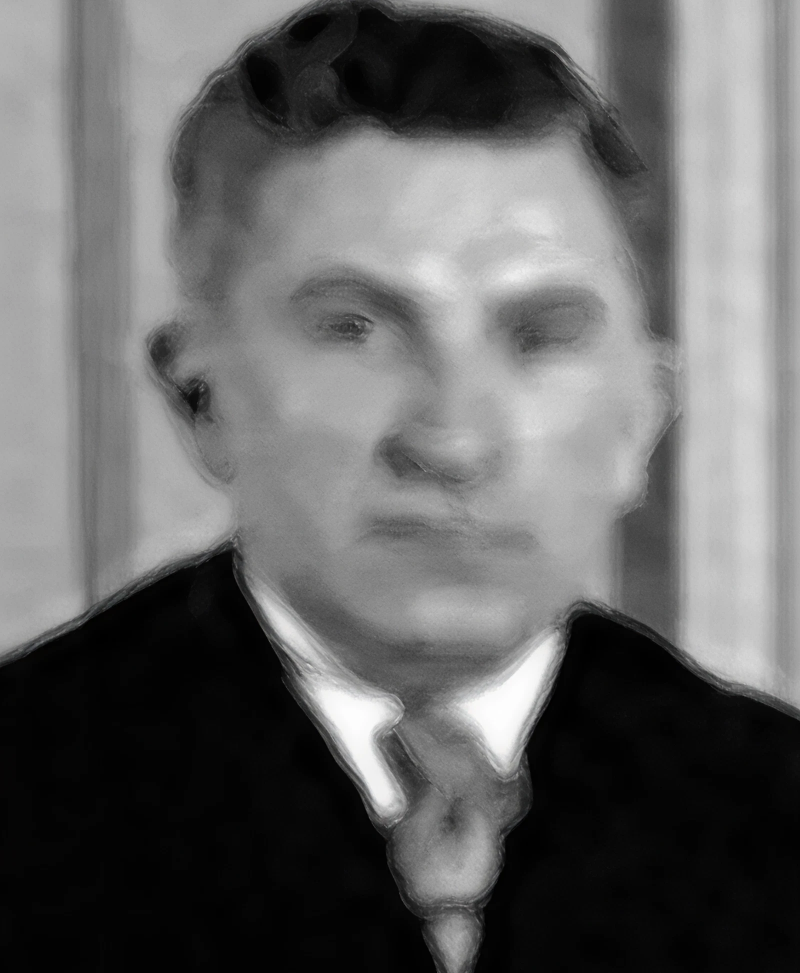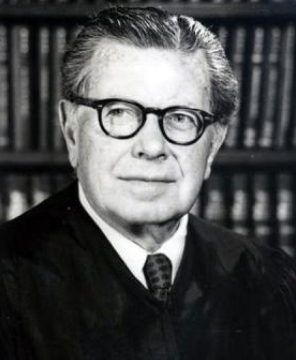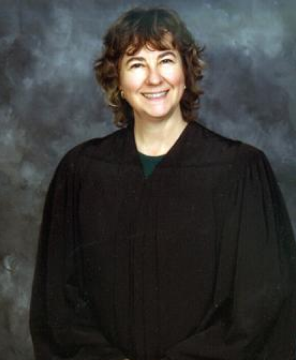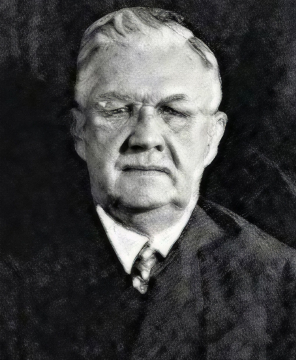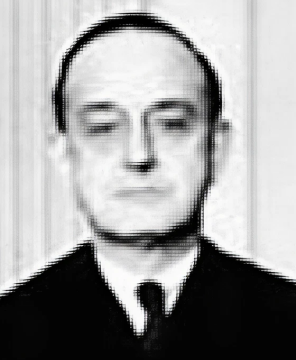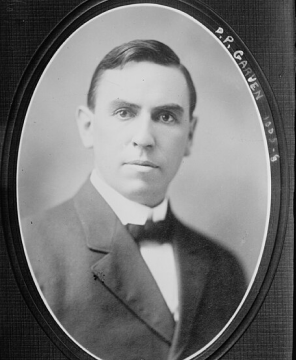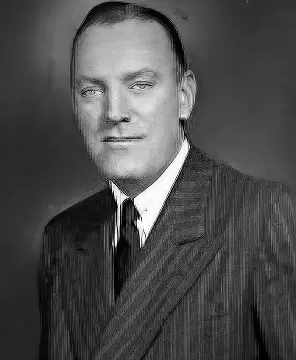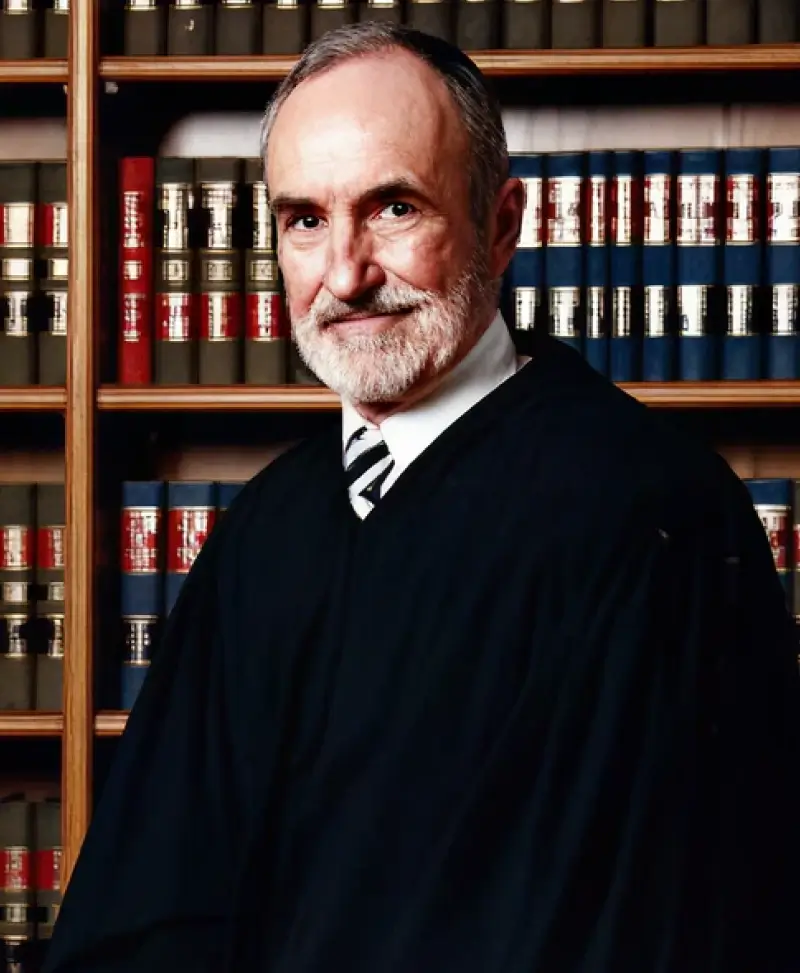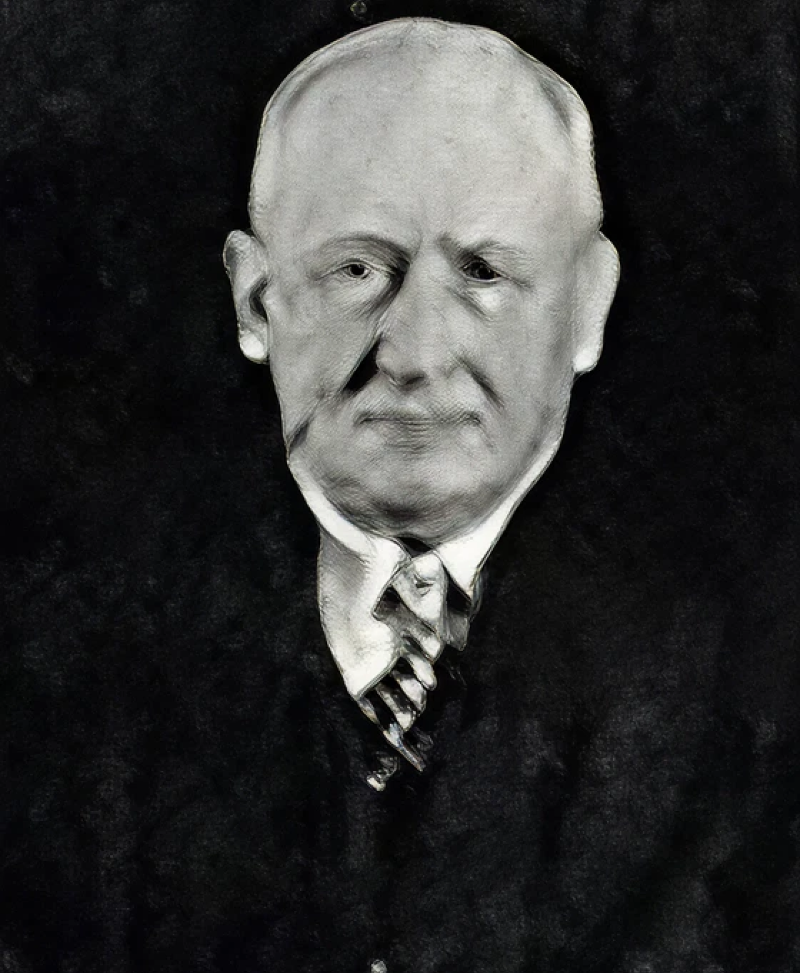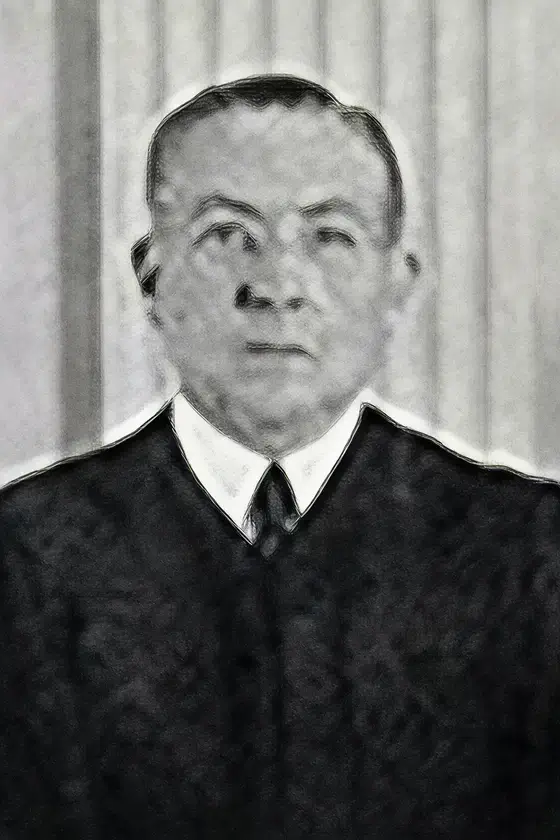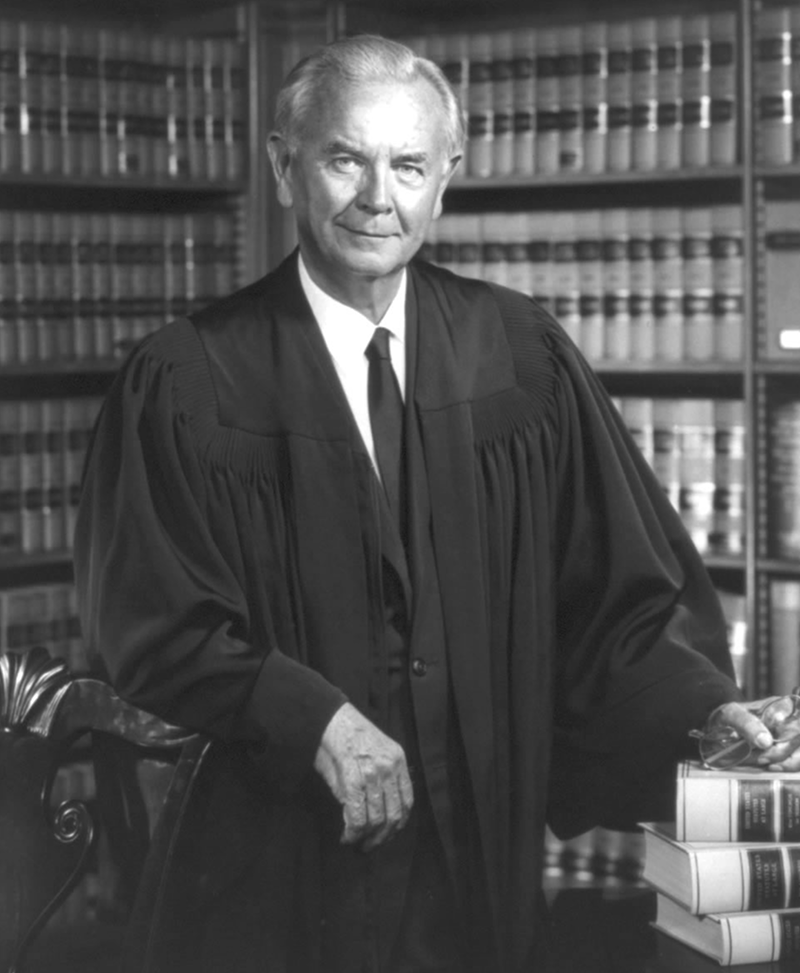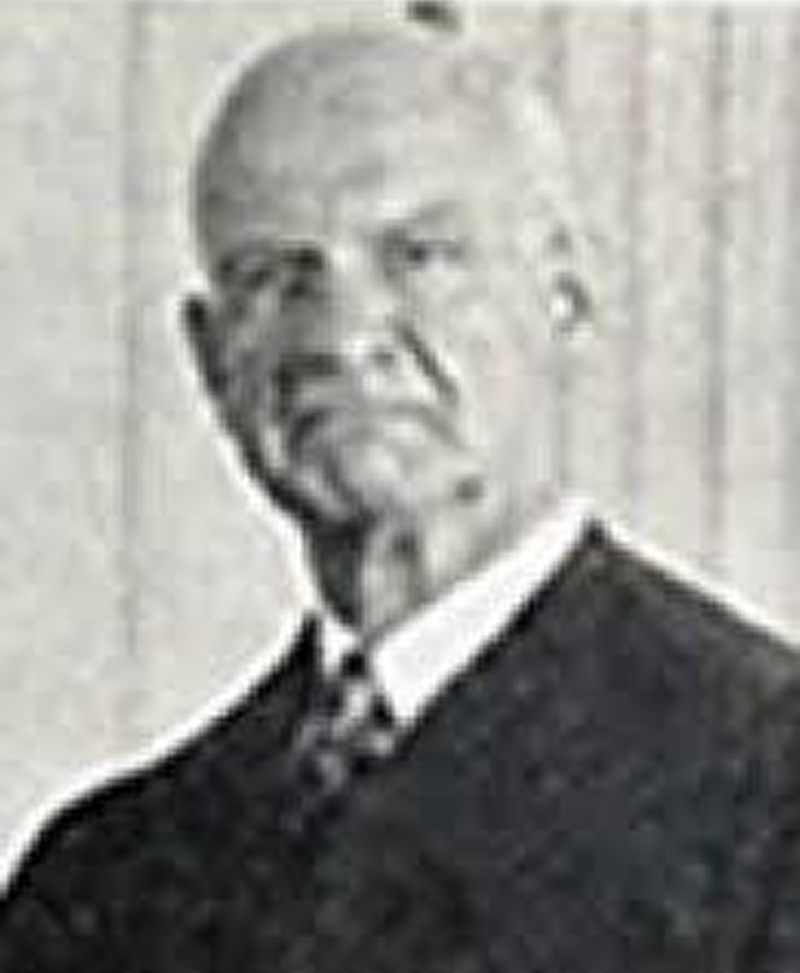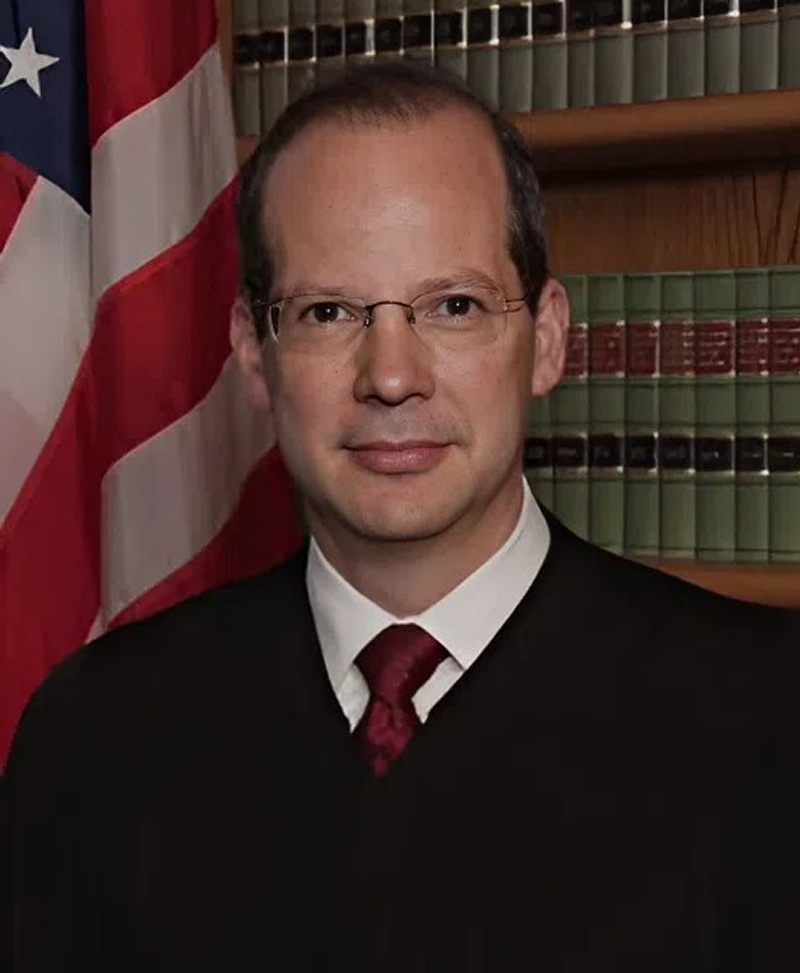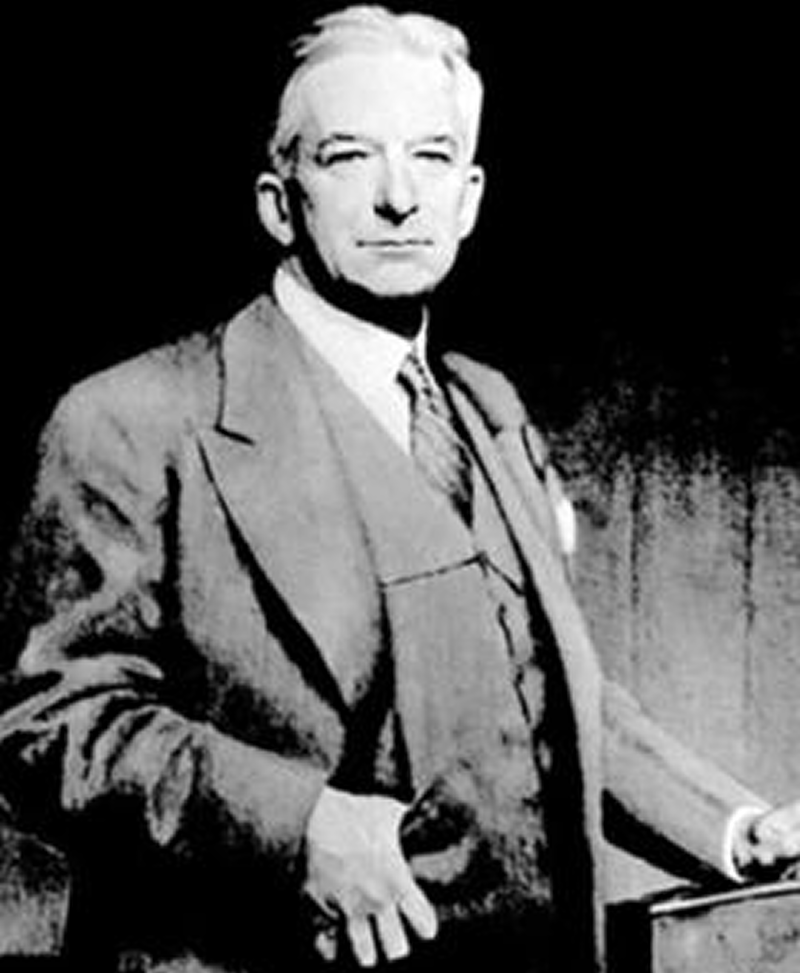
Arthur T. Vanderbilt
- Wesleyan University (BA)
- Columbia Law School (LLB)
Chief Justice Arthur T. Vanderbilt
Early Life and Education
Arthur T. Vanderbilt was born on July 7, 1888, in Newark, New Jersey, into modest circumstances despite his distant link to the famed Vanderbilt family. A standout student, he graduated valedictorian from Newark High School and went on to earn his undergraduate degree at Wesleyan University, later completing his law degree at Columbia University. A tireless scholar, Vanderbilt even earned a master’s in public administration during law school, all while teaching immigrant workers in evening classes.
Legal Career and Early Teaching
Vanderbilt began his legal career under mentor Frank Sommer in Newark, where he quickly gained a reputation as a brilliant legal mind. In 1915, he started teaching law at NYU, a role he would maintain for over 30 years. He taught nearly every subject in the curriculum, often commuting from Newark to Manhattan twice weekly, seeing education not as a duty but as a calling.
Visionary Reform and Political Activism
Deeply dissatisfied with New Jersey’s outdated court system, Vanderbilt became an early and fierce advocate for judicial reform. His work with the New Jersey Judicial Council and as president of the American Bar Association positioned him as a national leader in court modernization. To challenge entrenched political opposition, particularly from Jersey City’s powerful political boss Frank Hague, Vanderbilt entered Republican politics and slowly built a coalition of reformers across urban counties.
Leadership at NYU Law School
Appointed Dean of NYU Law in 1943, Vanderbilt led a dramatic transformation. He modernized the curriculum, raised national prestige, established legal publications, and founded a pioneering law center. Under his leadership, the school acquired the C.F. Mueller Company to financially support its long-term vision. The law center’s building was named Vanderbilt Hall in his honor.
The Road to the 1947 Constitution
Vanderbilt’s decades-long battle for reform culminated in the 1947 New Jersey State Constitution. He was a key strategist and advisor to Governor Alfred Driscoll, who brokered an unlikely political alliance with Frank Hague to ensure its passage. The new constitution abolished the archaic dual court system and centralized judicial power under a modern Supreme Court — with Vanderbilt as its first Chief Justice.
A Bold Chief Justice
As Chief Justice, Vanderbilt asserted the judiciary’s independence, notably through landmark rulings like Winberry v. Salisbury, which cemented the Court’s authority to set procedural rules. His dissent in Fox v. Snow revealed his belief in an adaptable, living legal system — one that should evolve alongside society.
During his nearly nine years as Chief Justice, Vanderbilt authored over 200 opinions, oversaw the creation of a unified judiciary, and continued to lecture, publish, and advise legal reformers nationally and internationally. Though health issues eventually slowed him, his vision shaped modern judicial administration not only in New Jersey but throughout the U.S.
Honors and Enduring Impact
Arthur T. Vanderbilt received 32 honorary degrees and numerous accolades, including the ABA Gold Medal. Legal scholars, including Harvard’s Roscoe Pound, recognized him as a transformative figure in American legal history. His enduring legacy lives on in New Jersey’s court structure and the legal profession’s ongoing commitment to reform.

